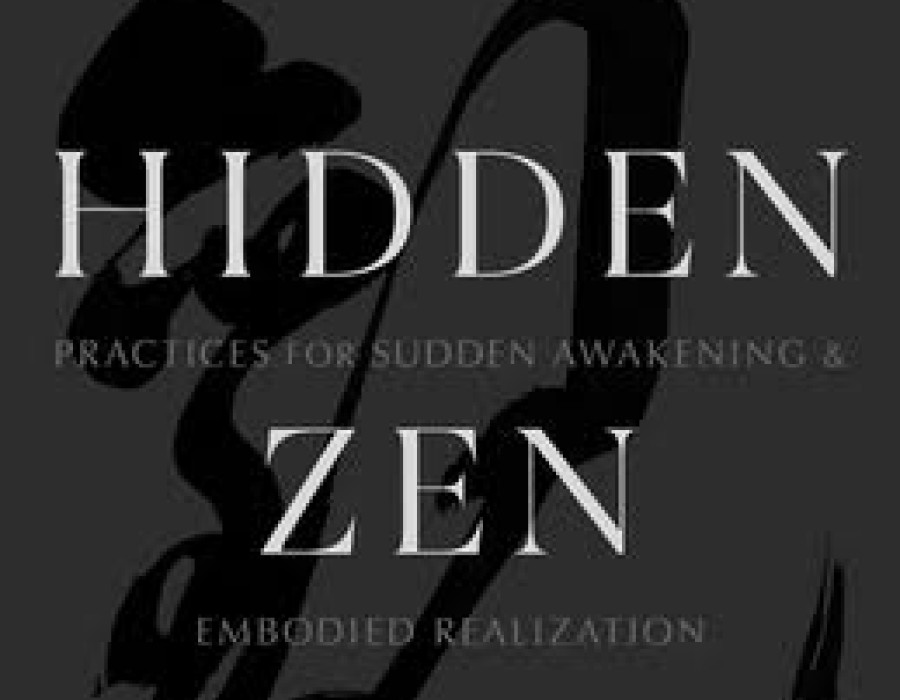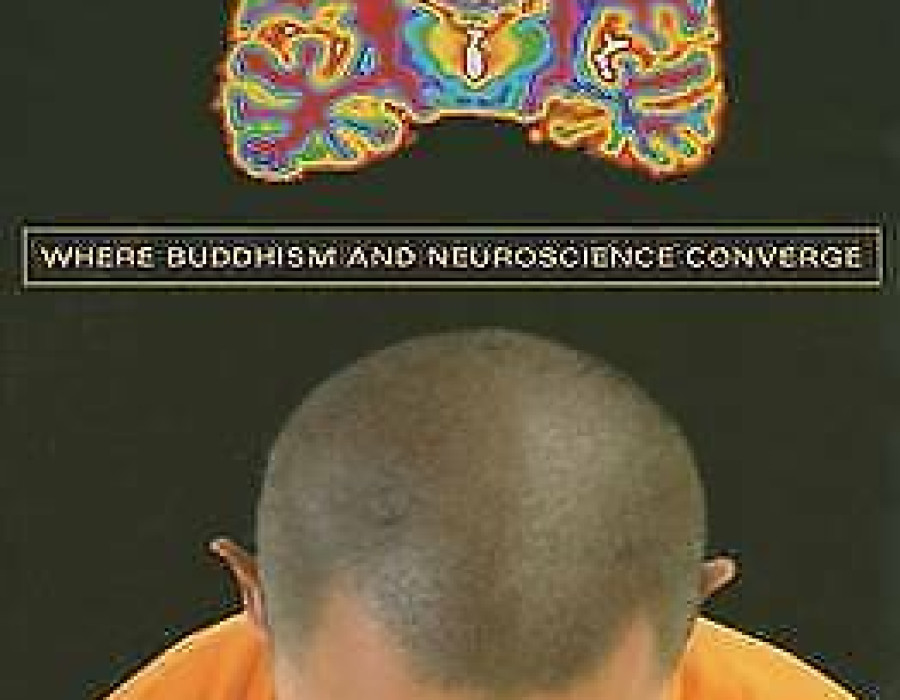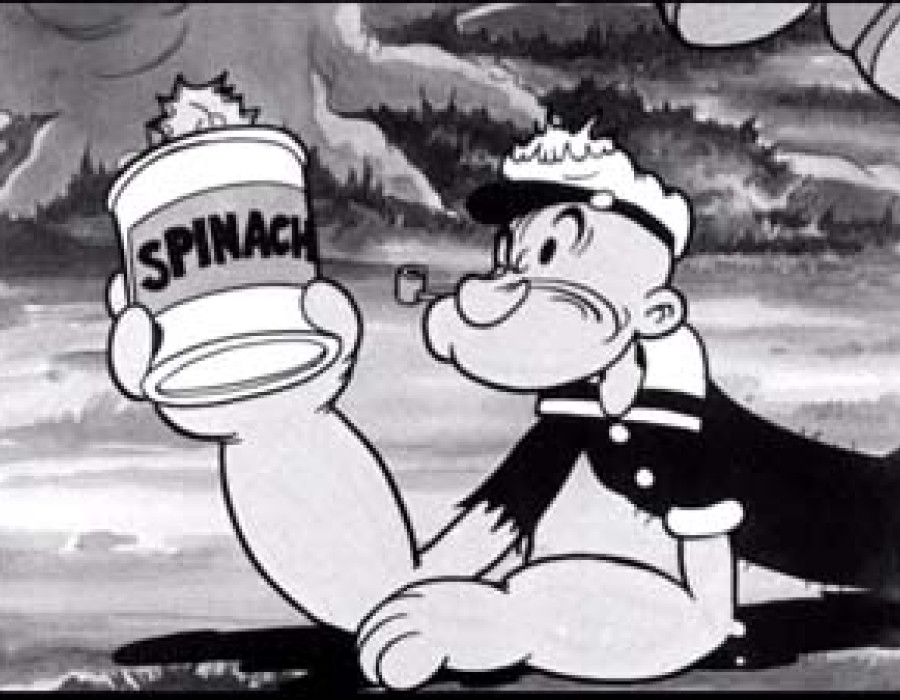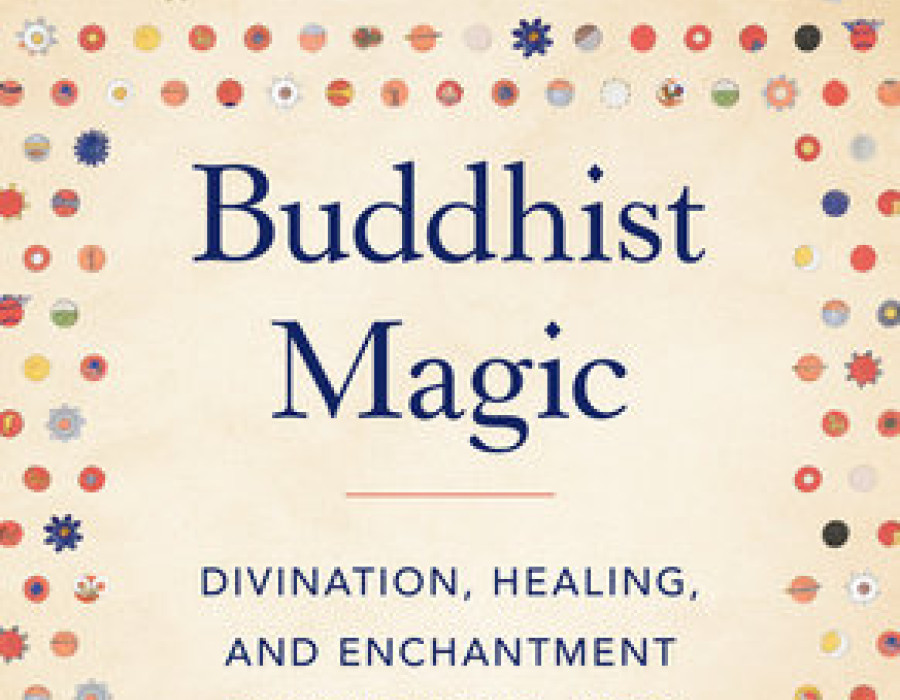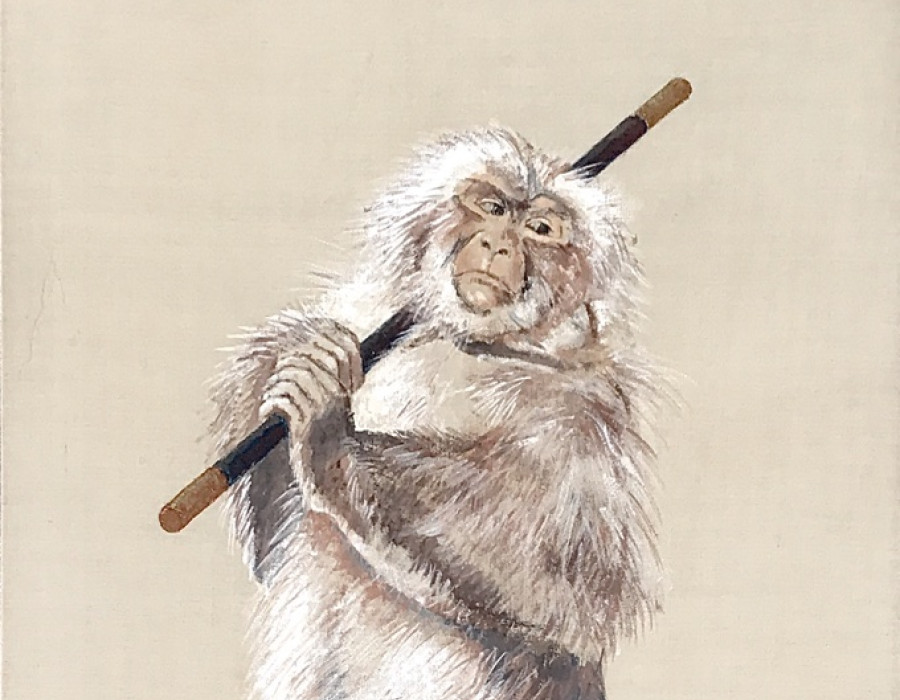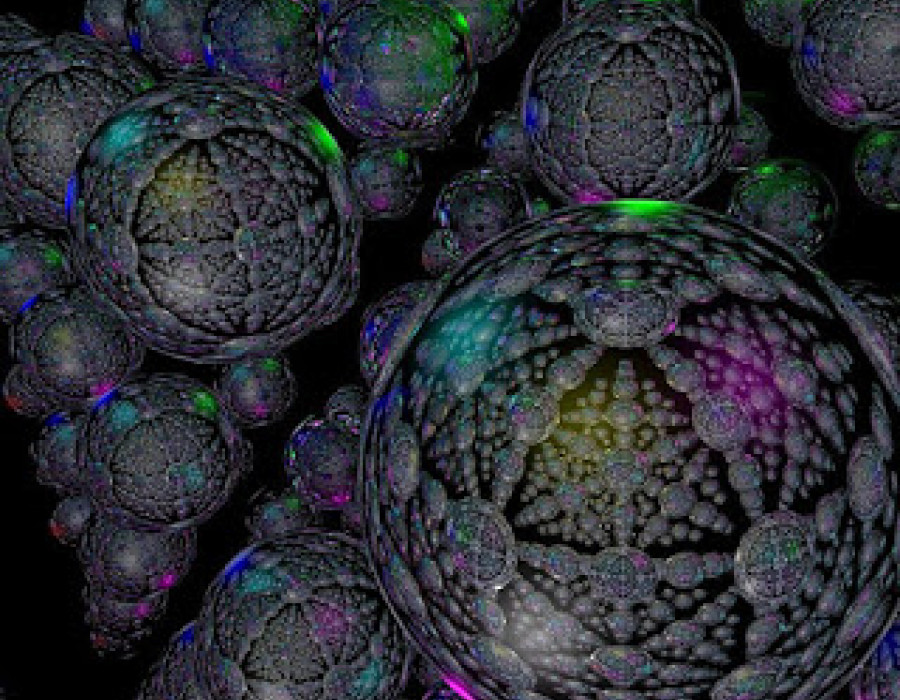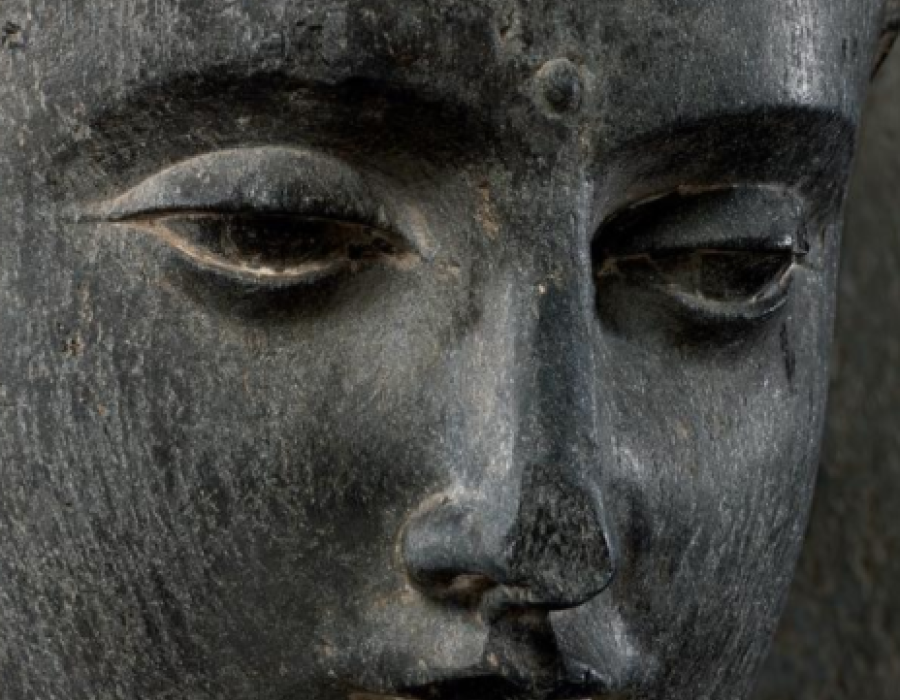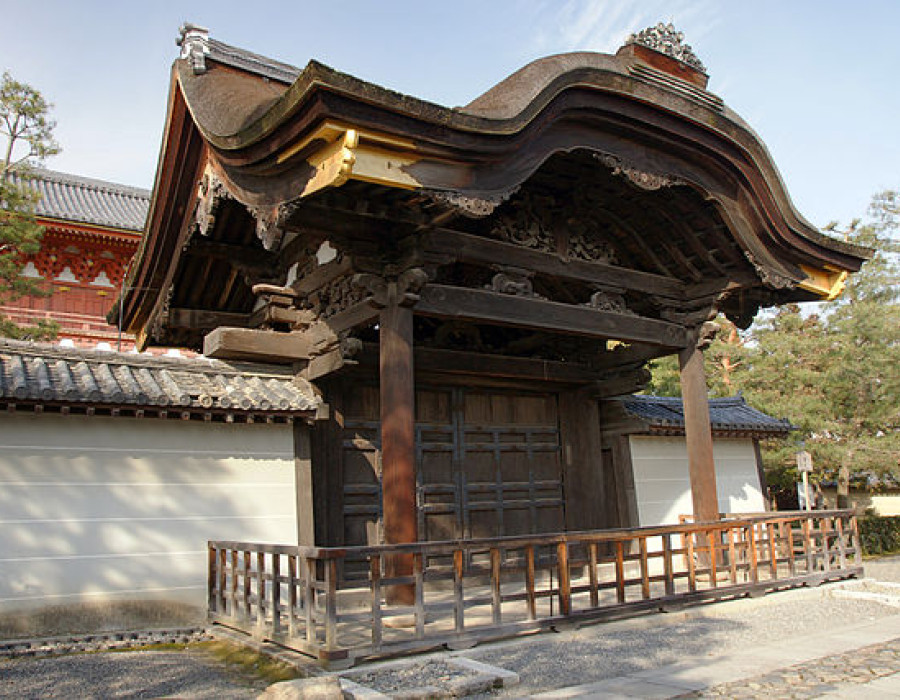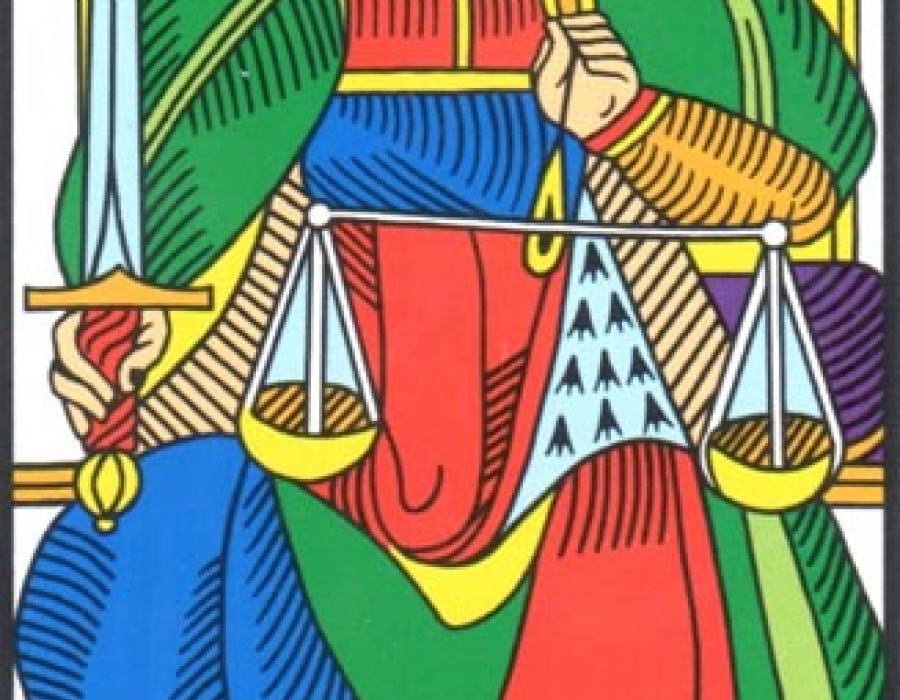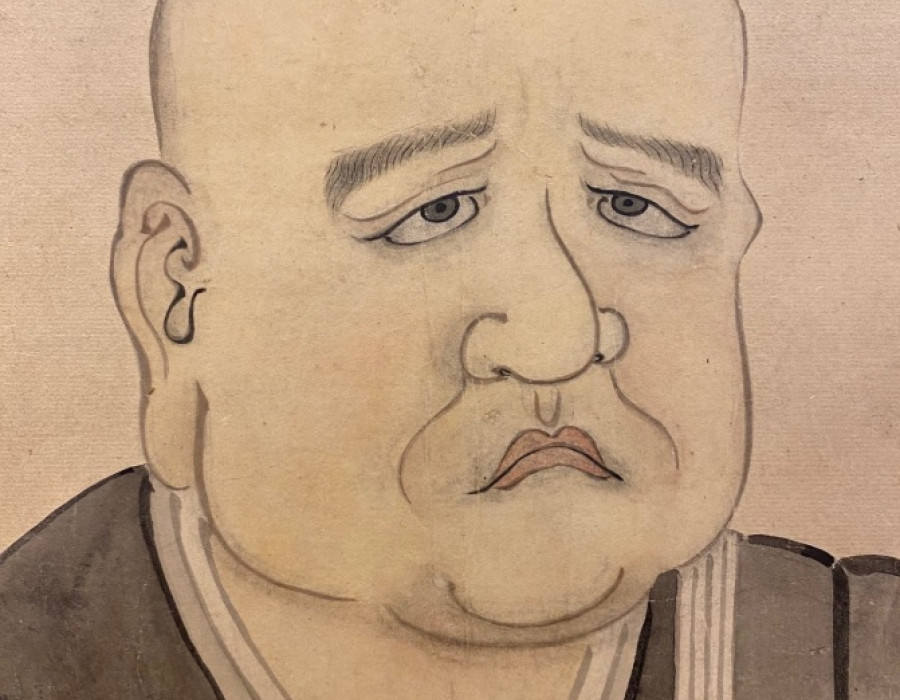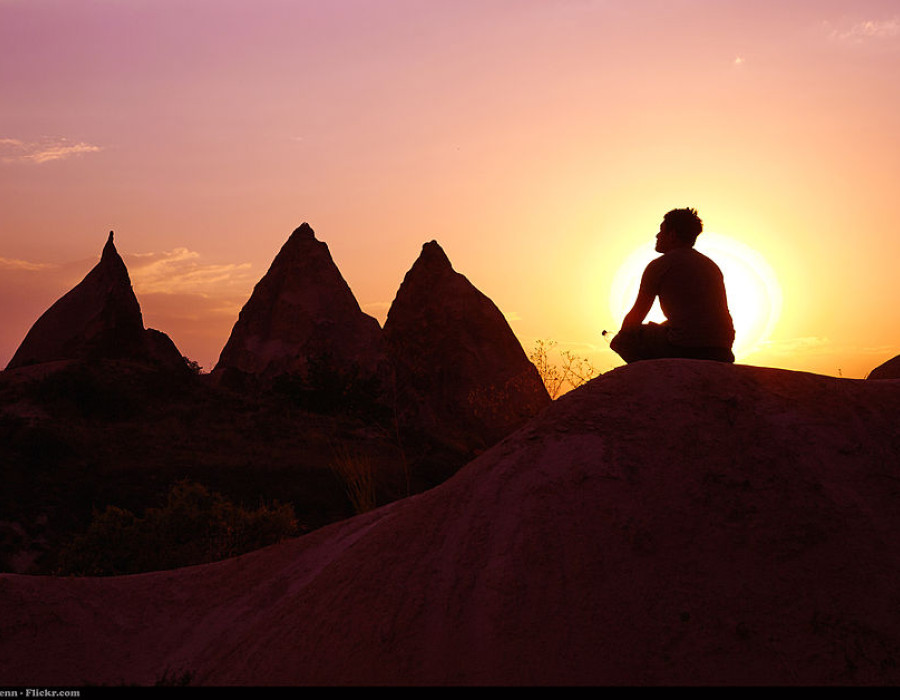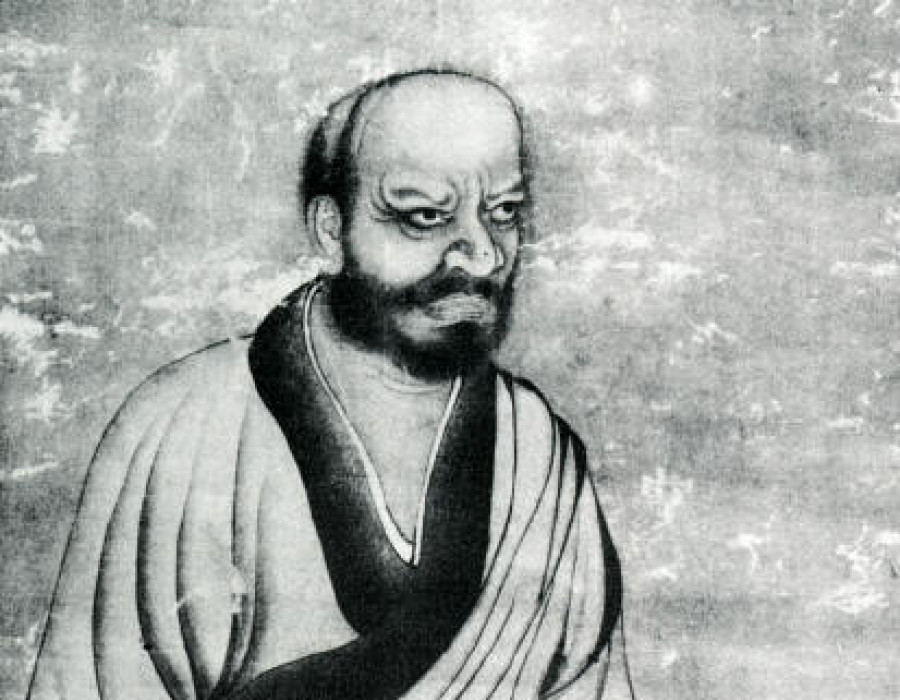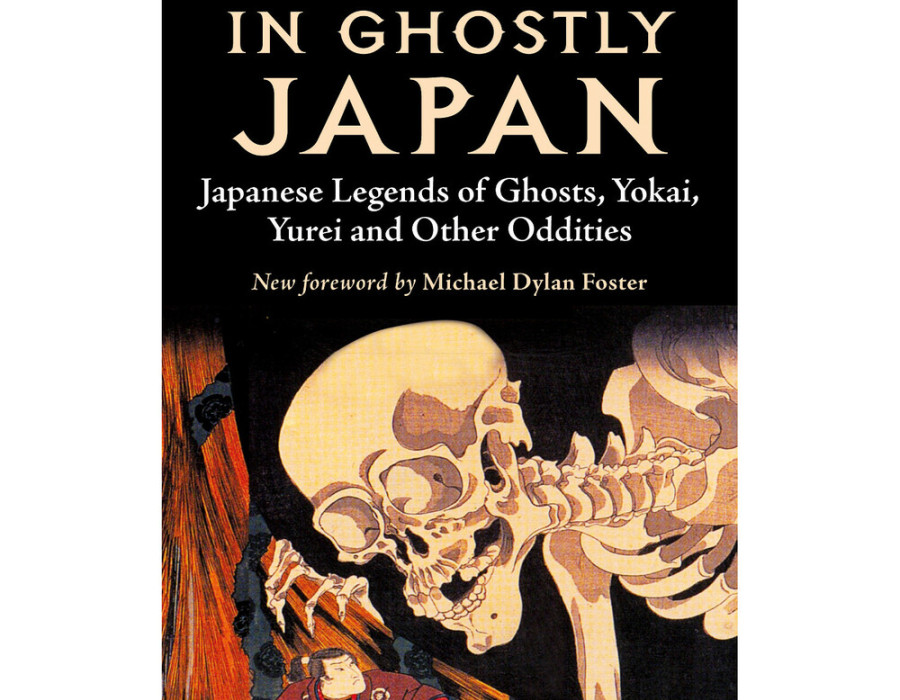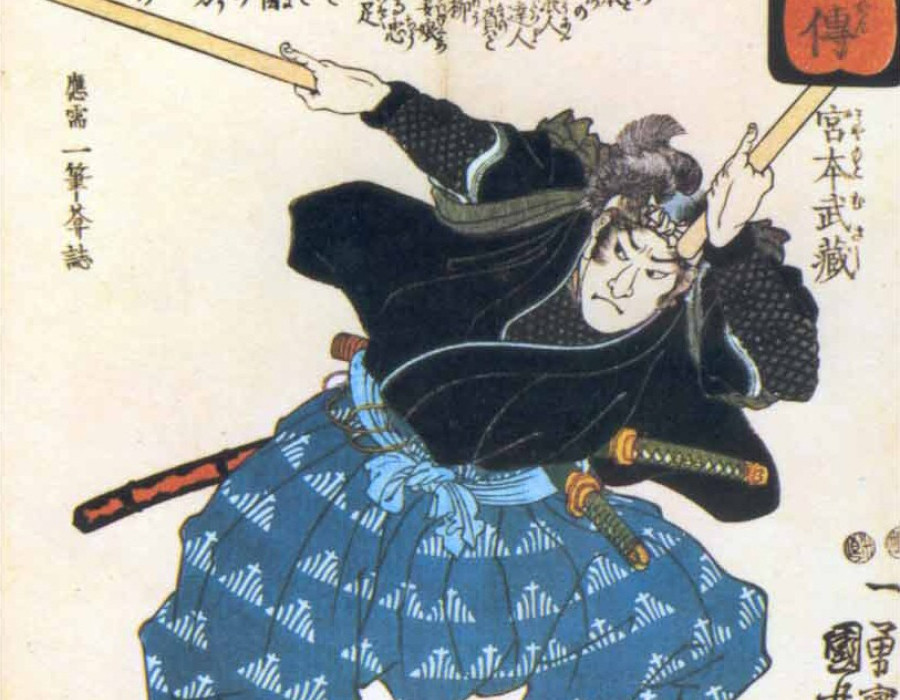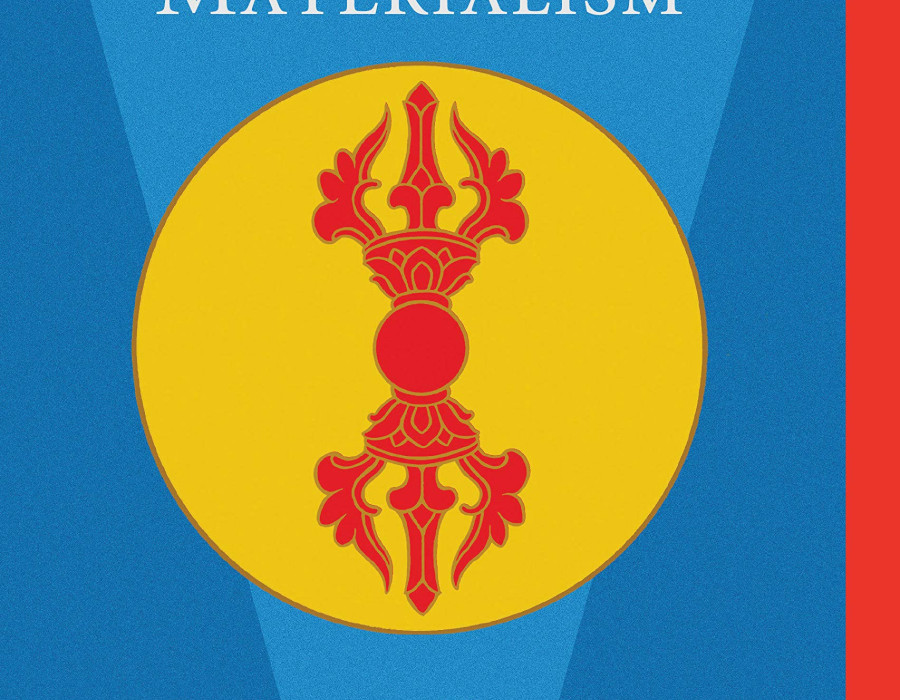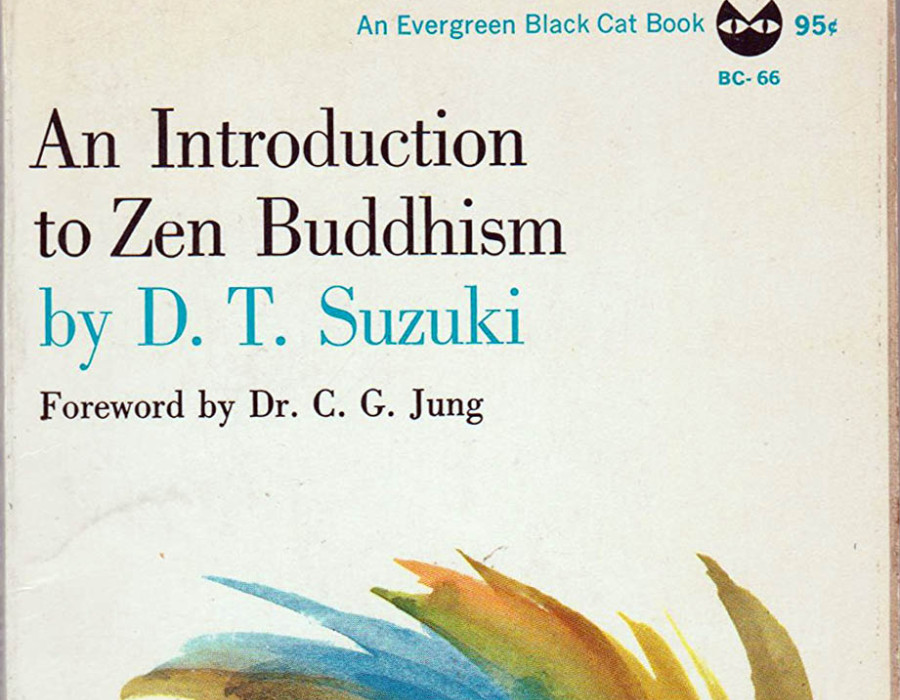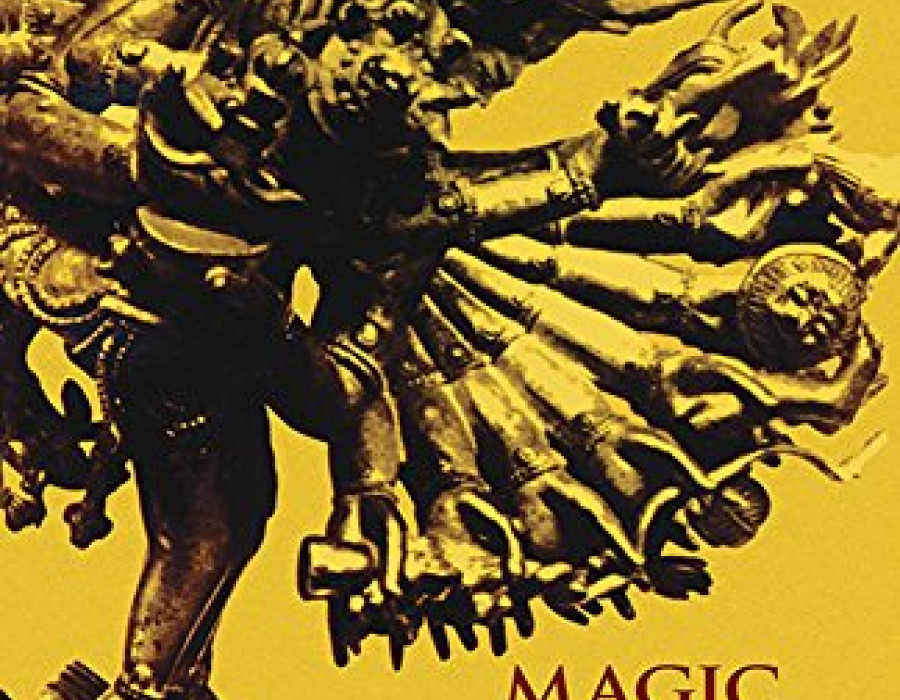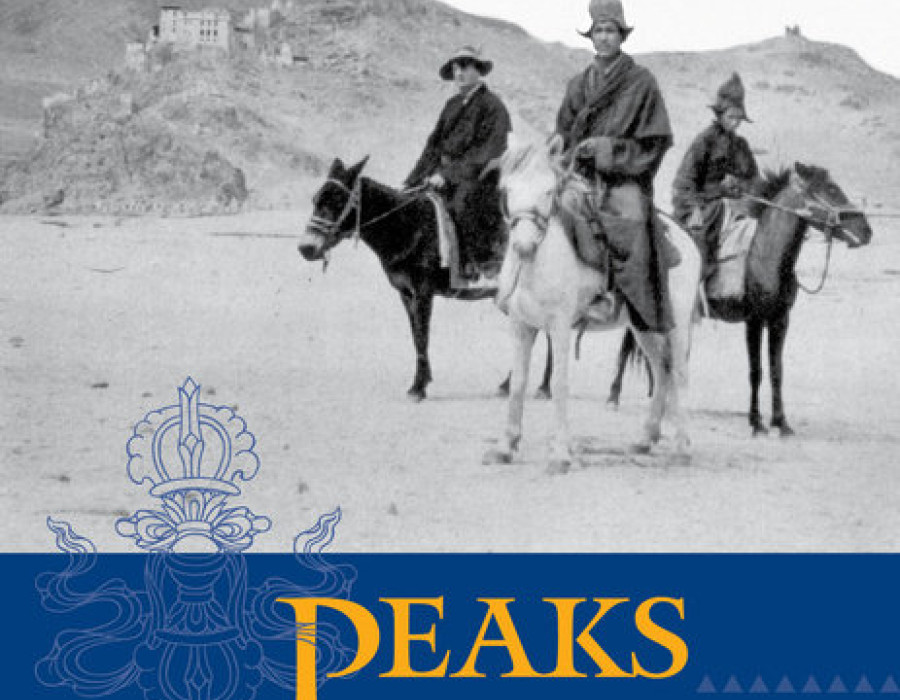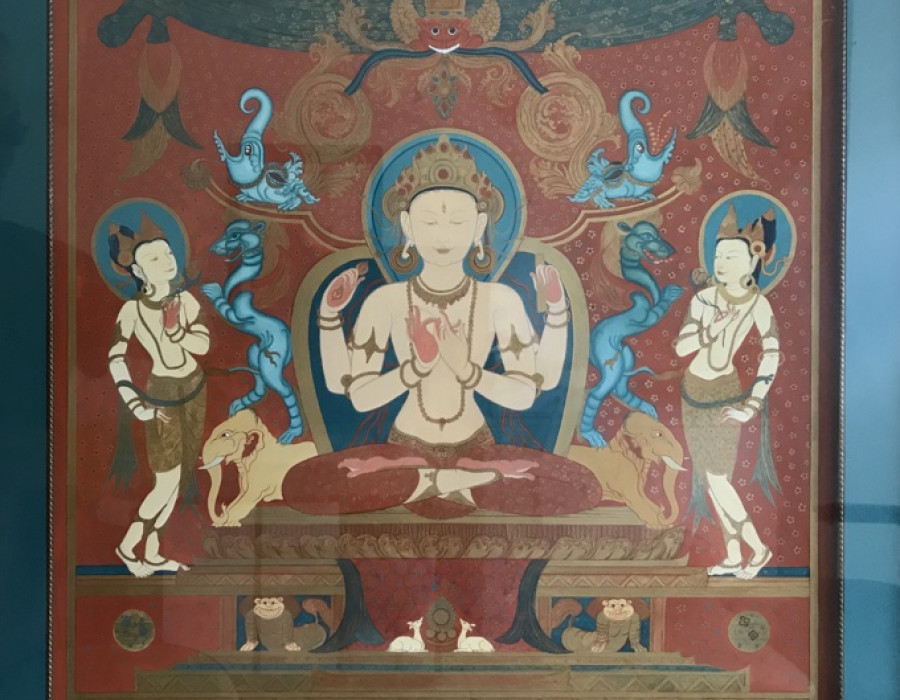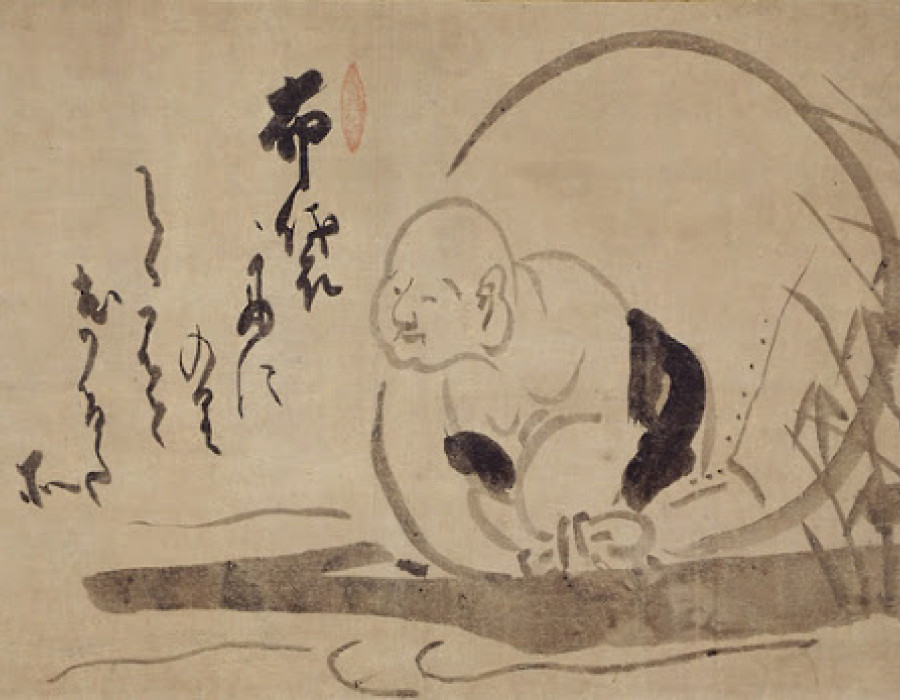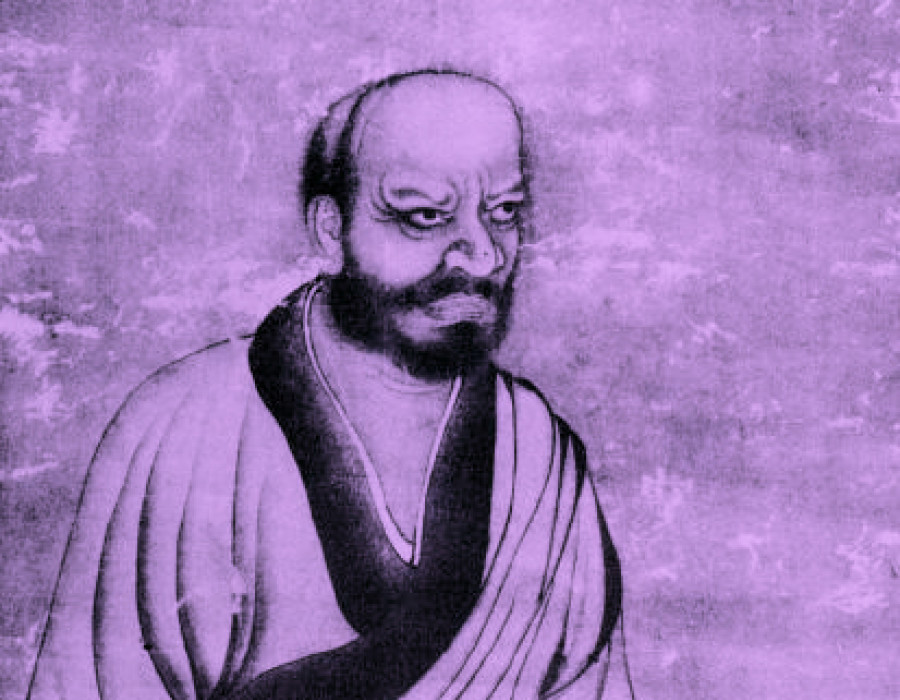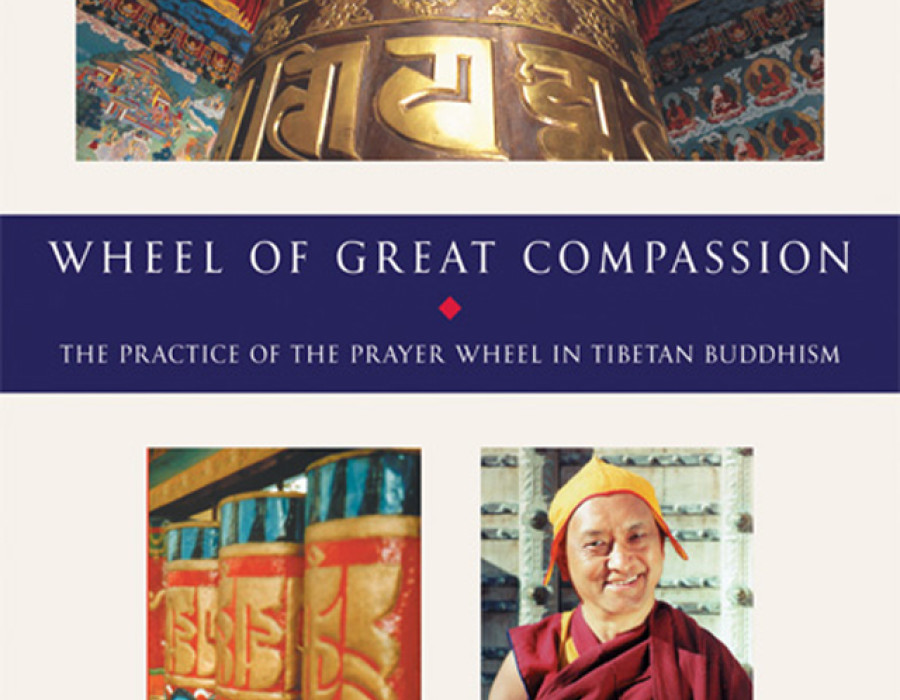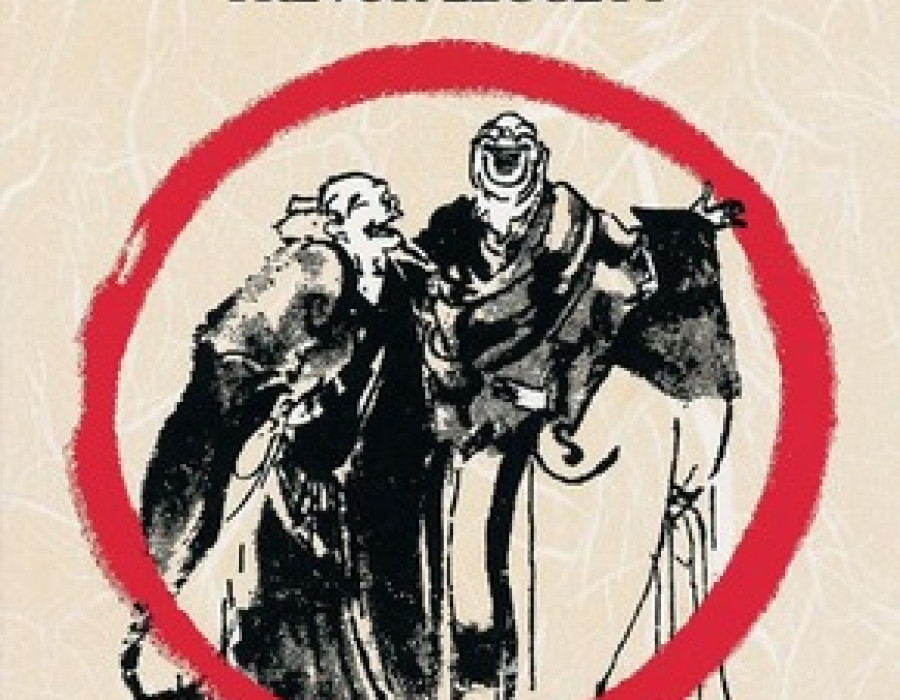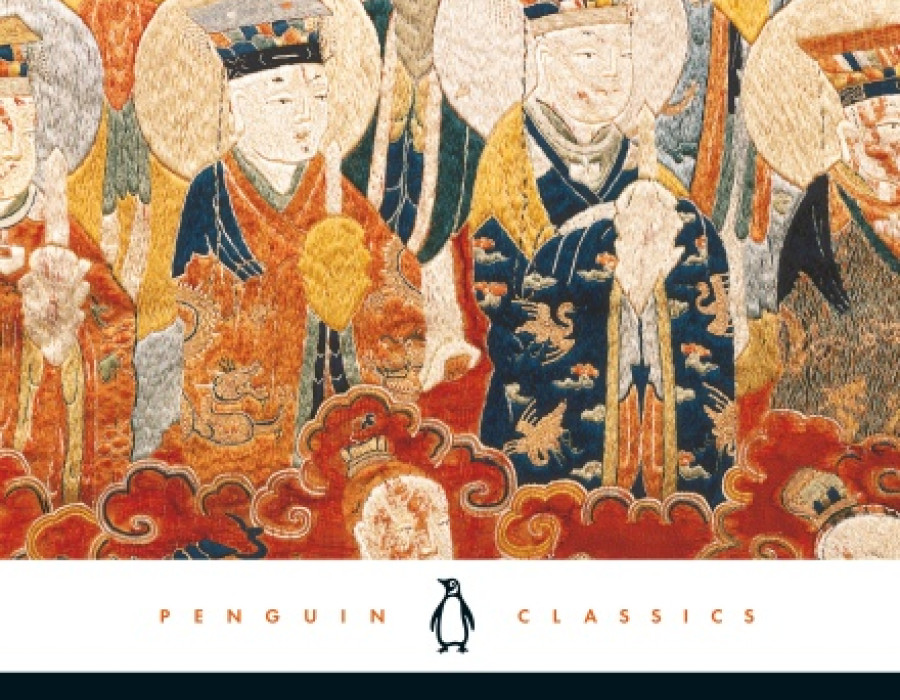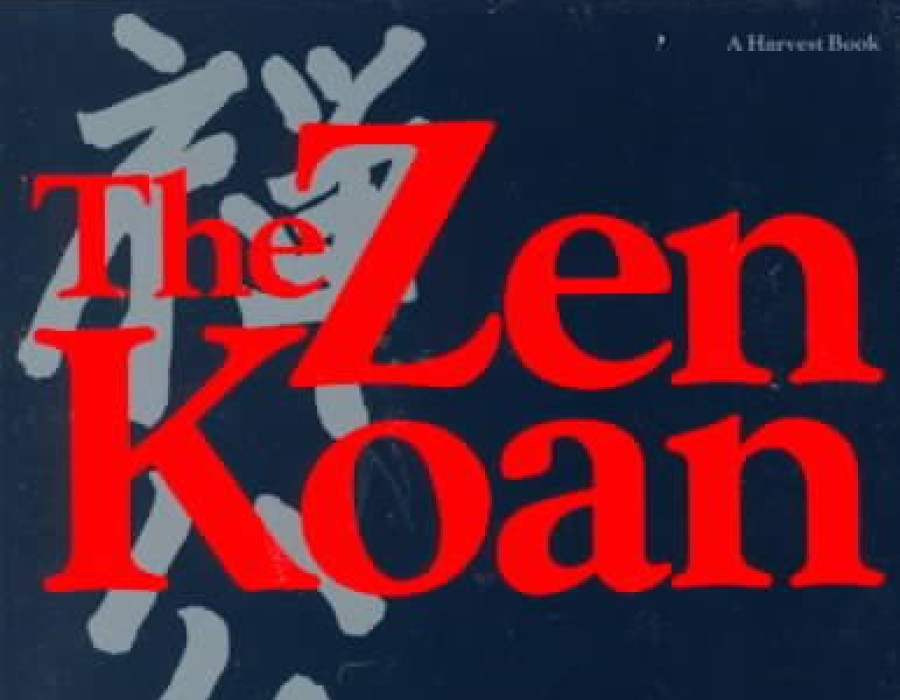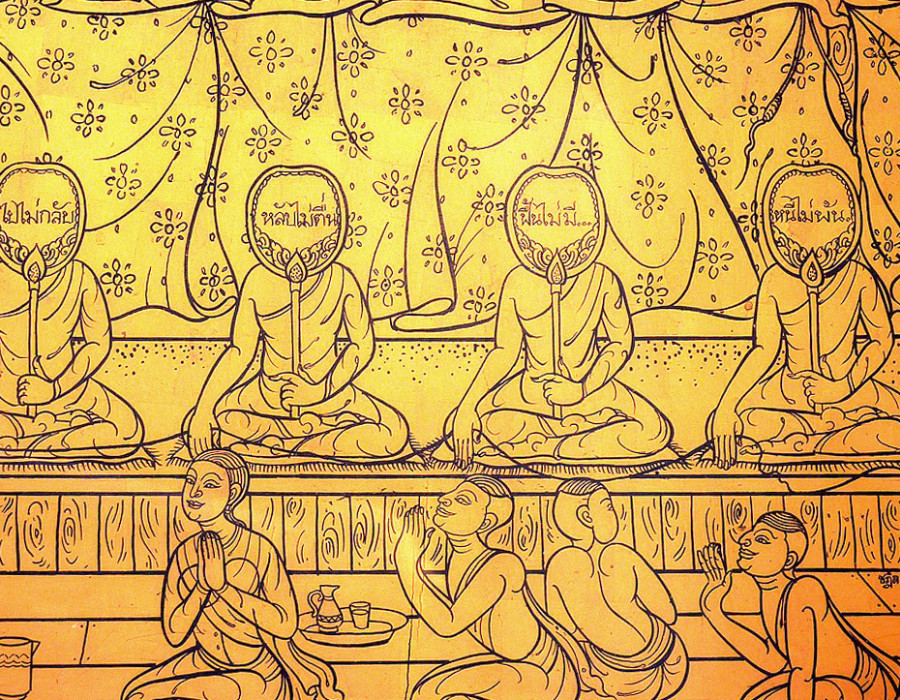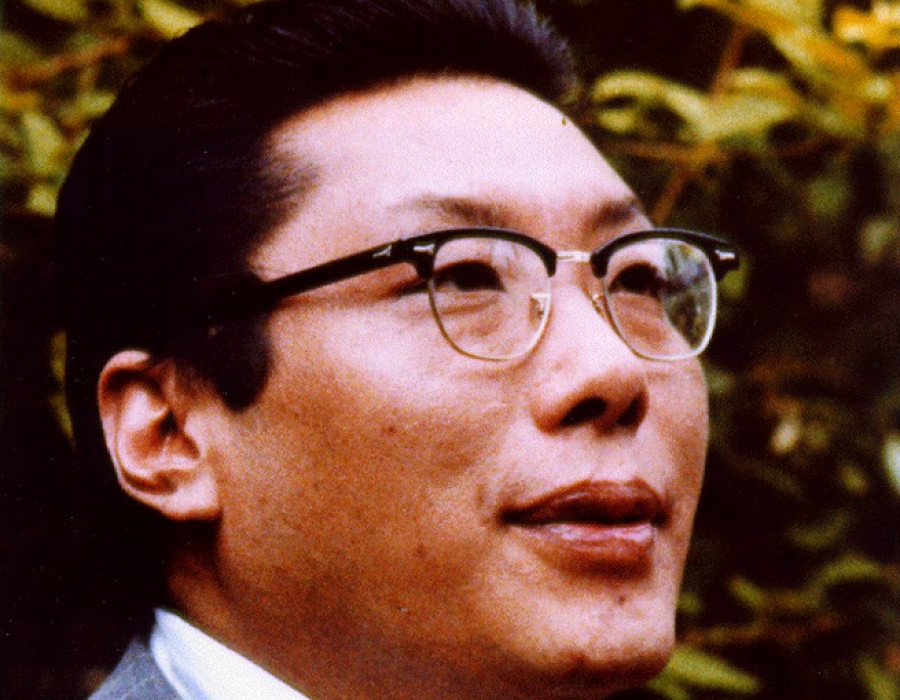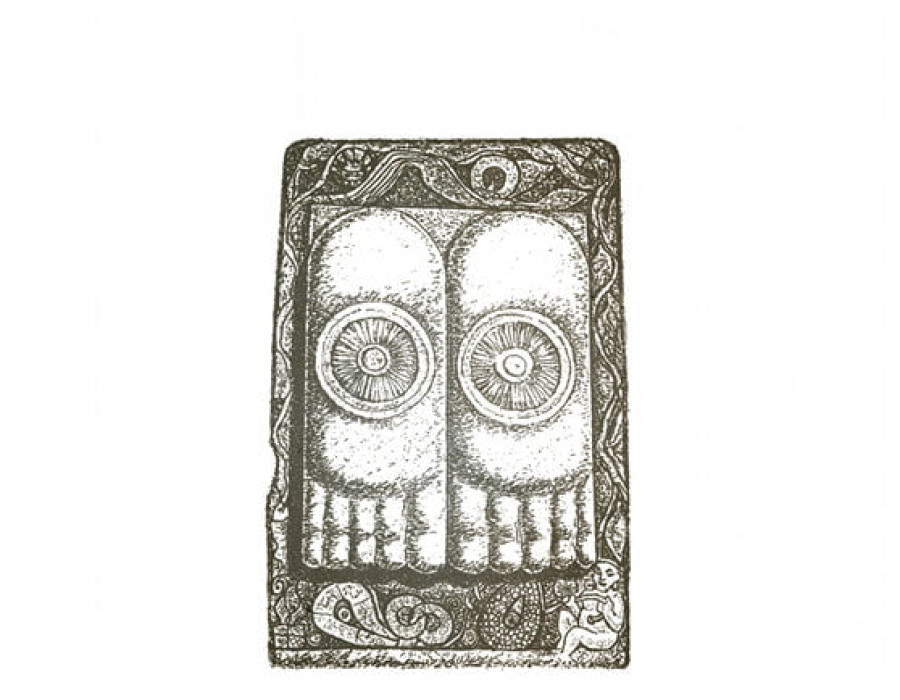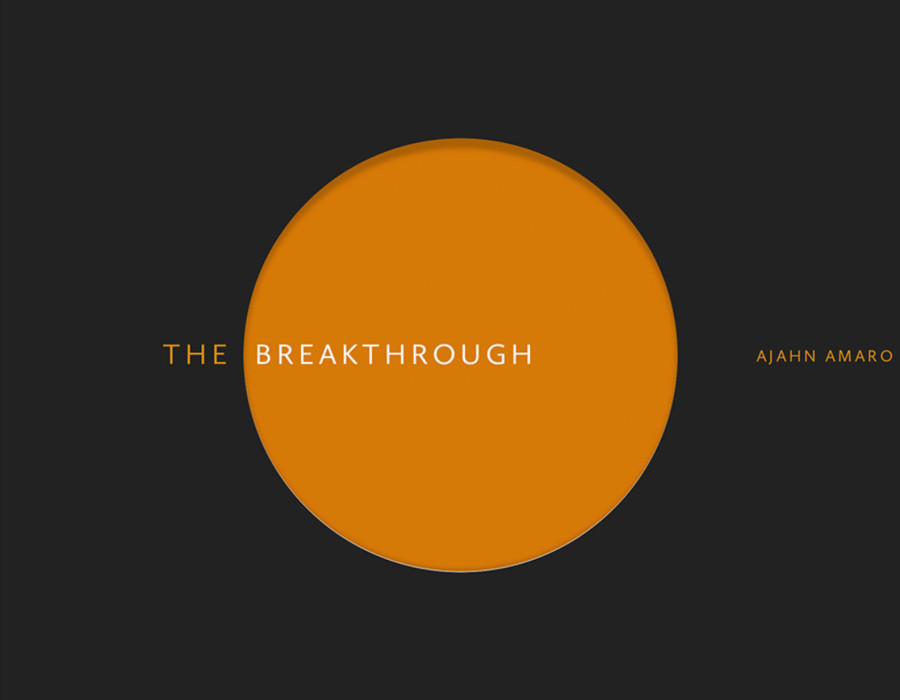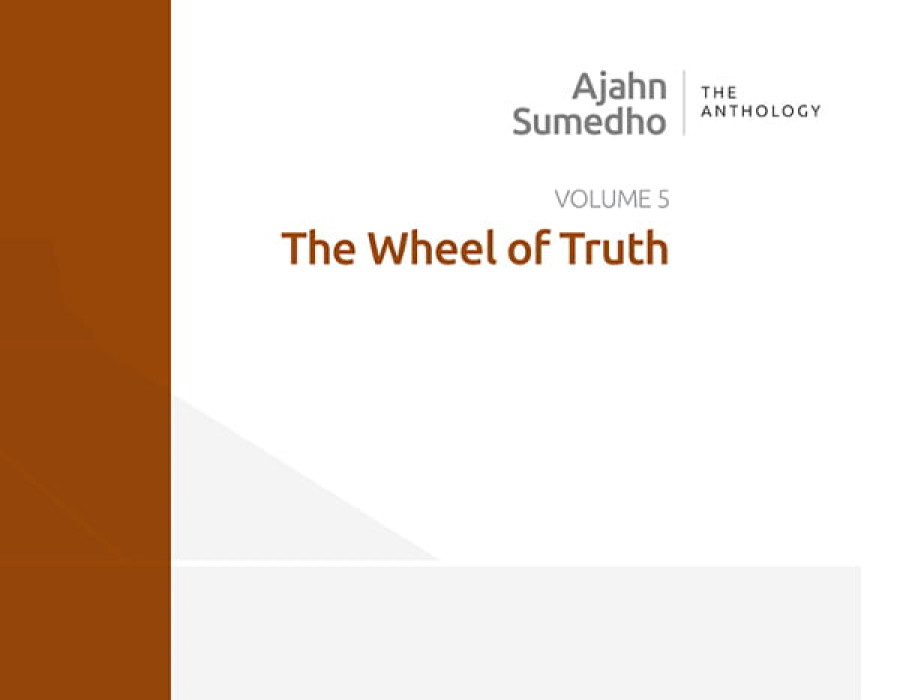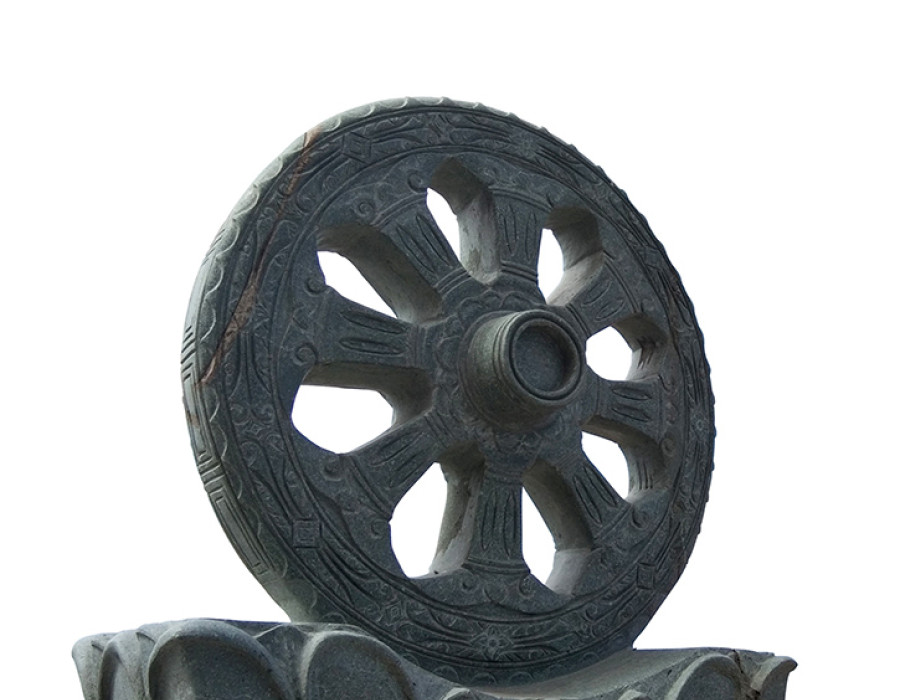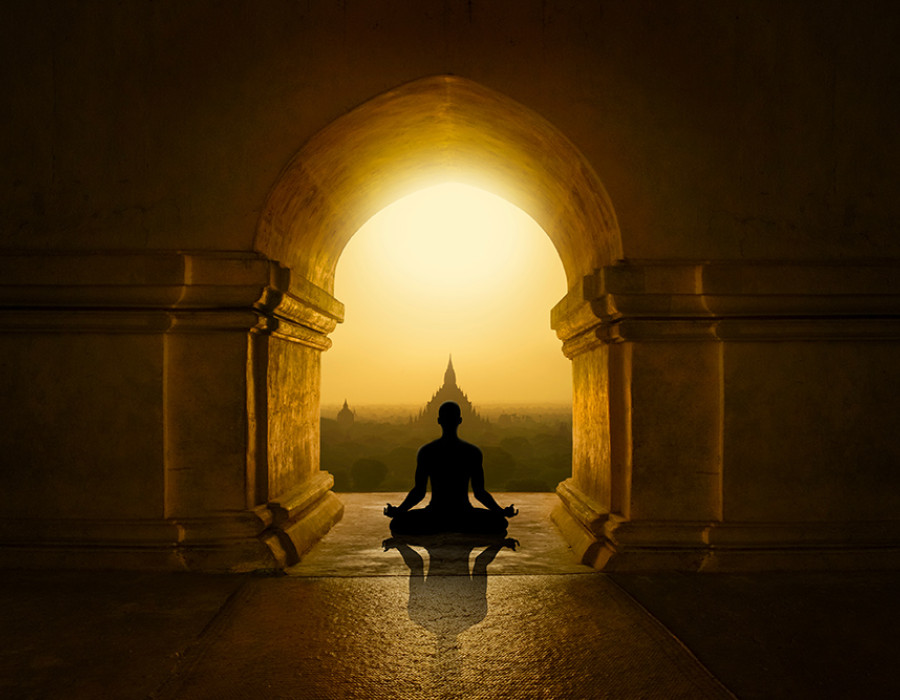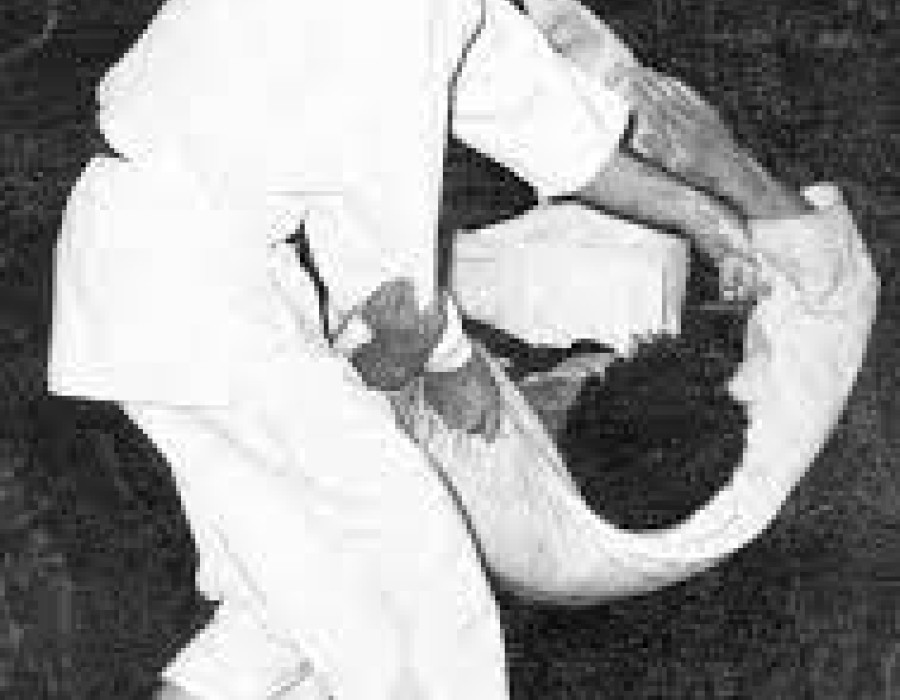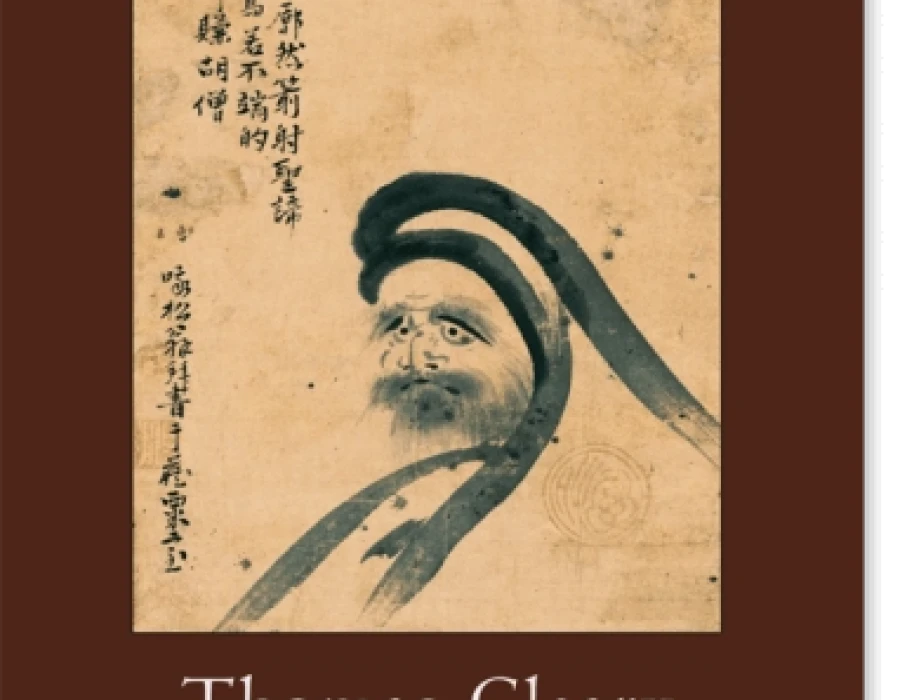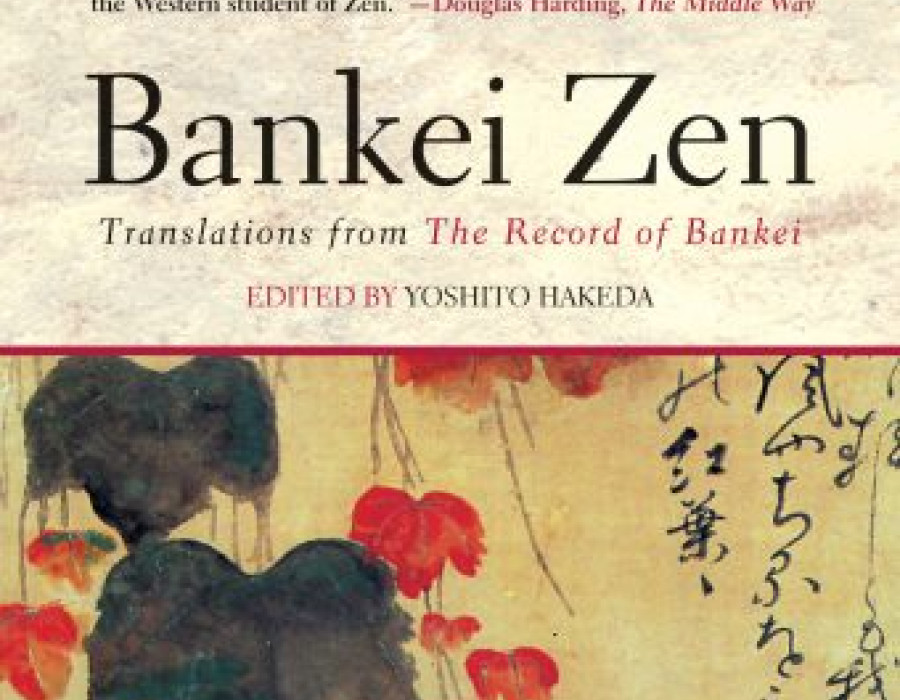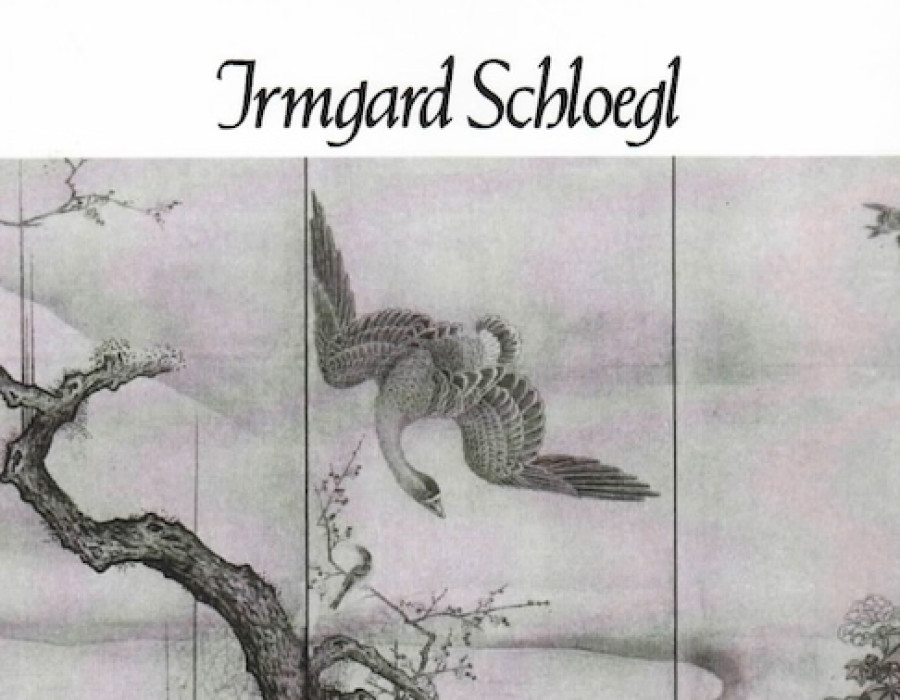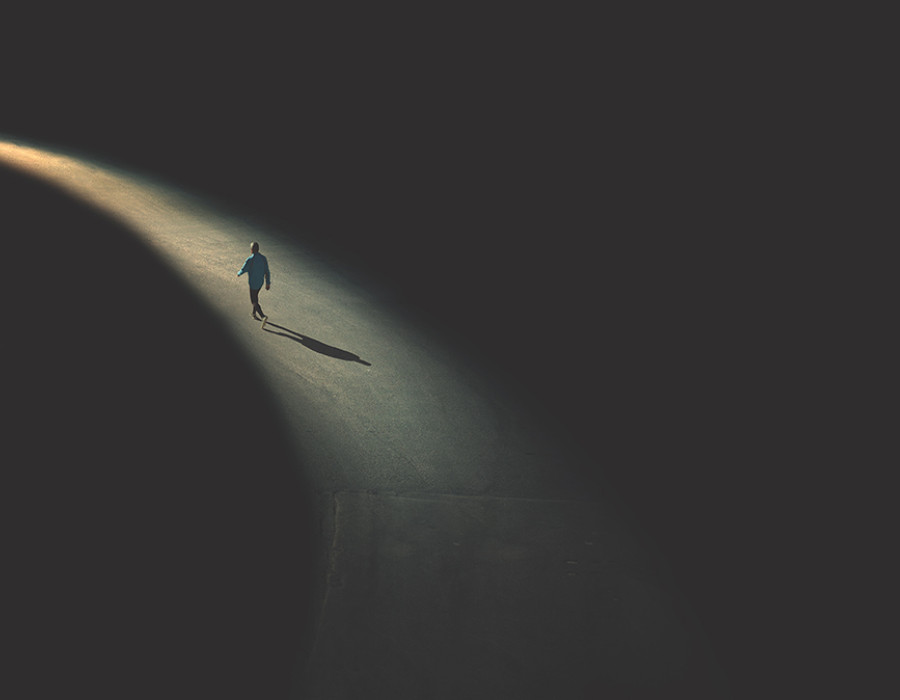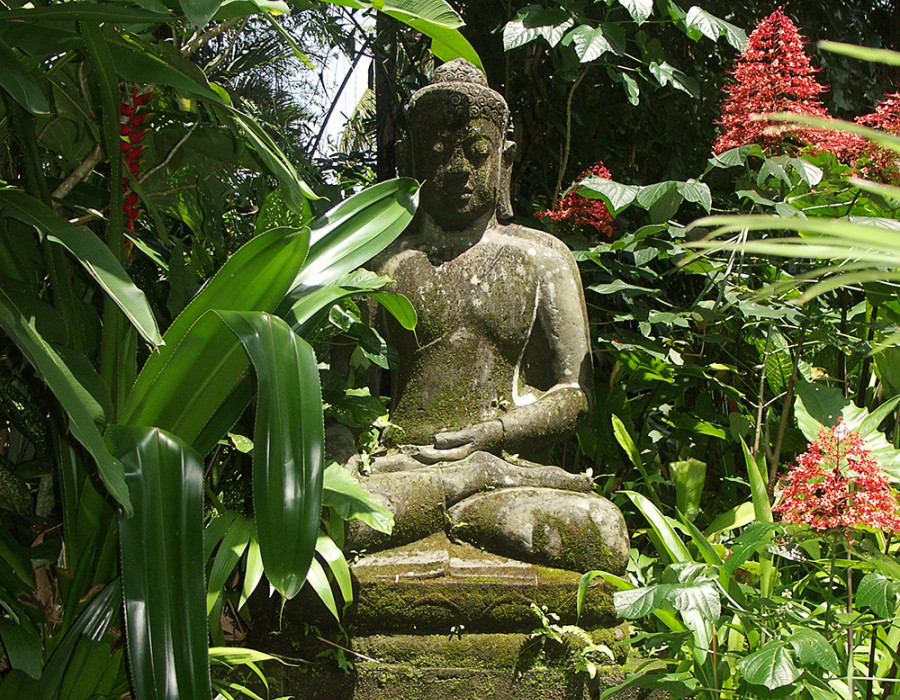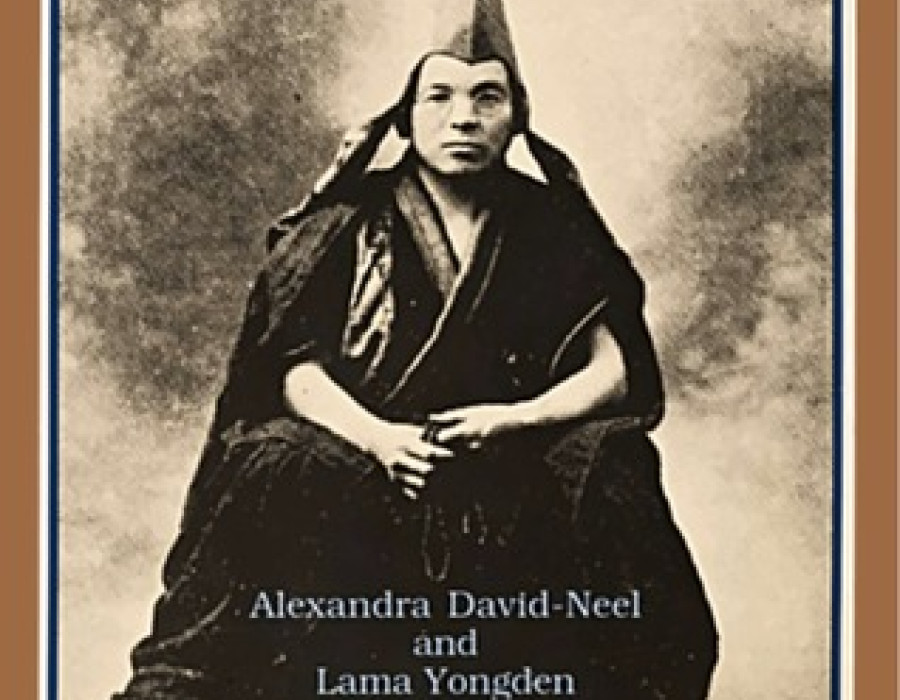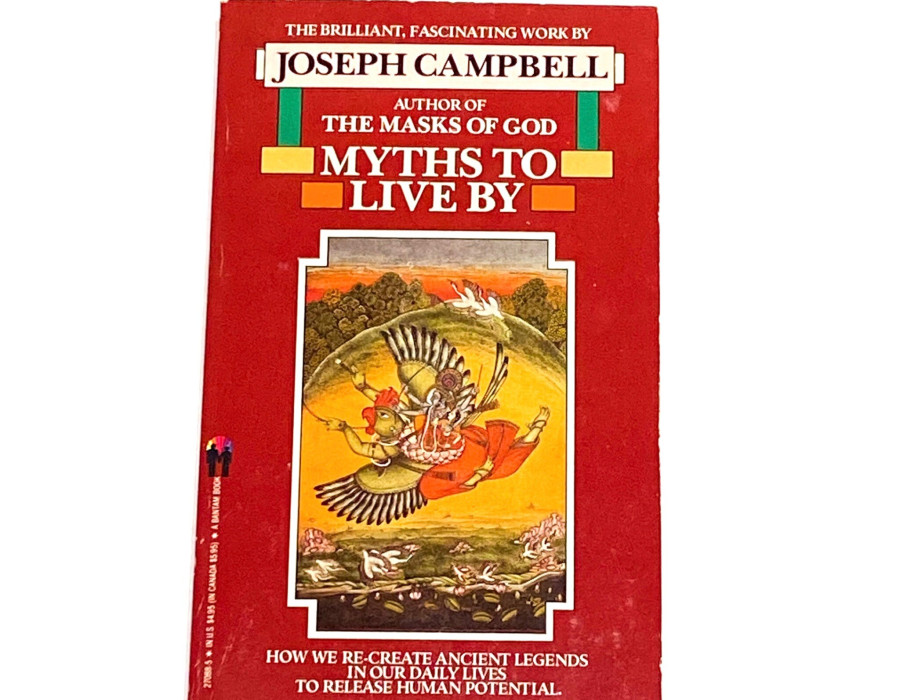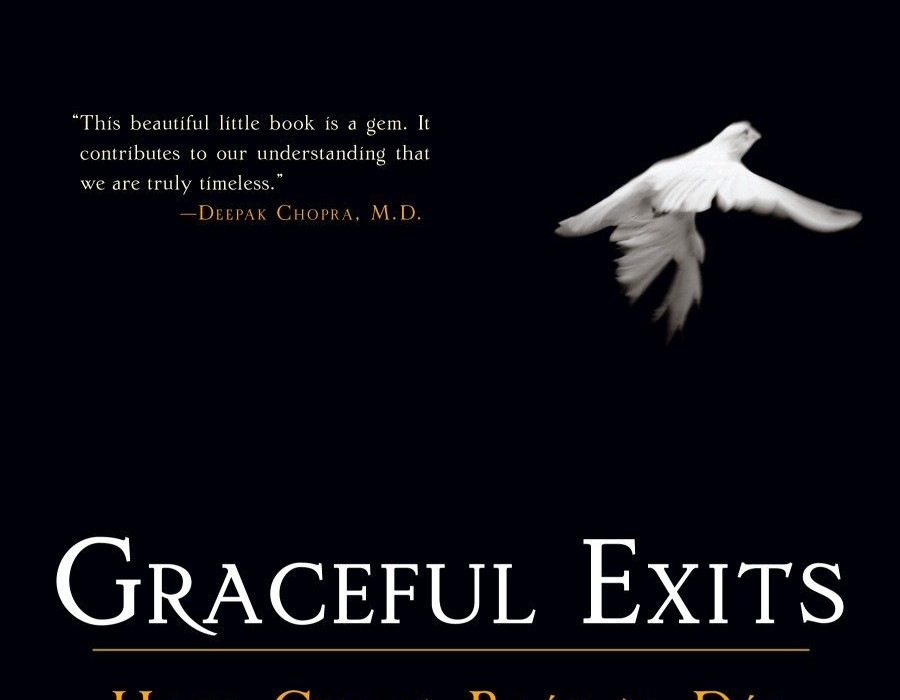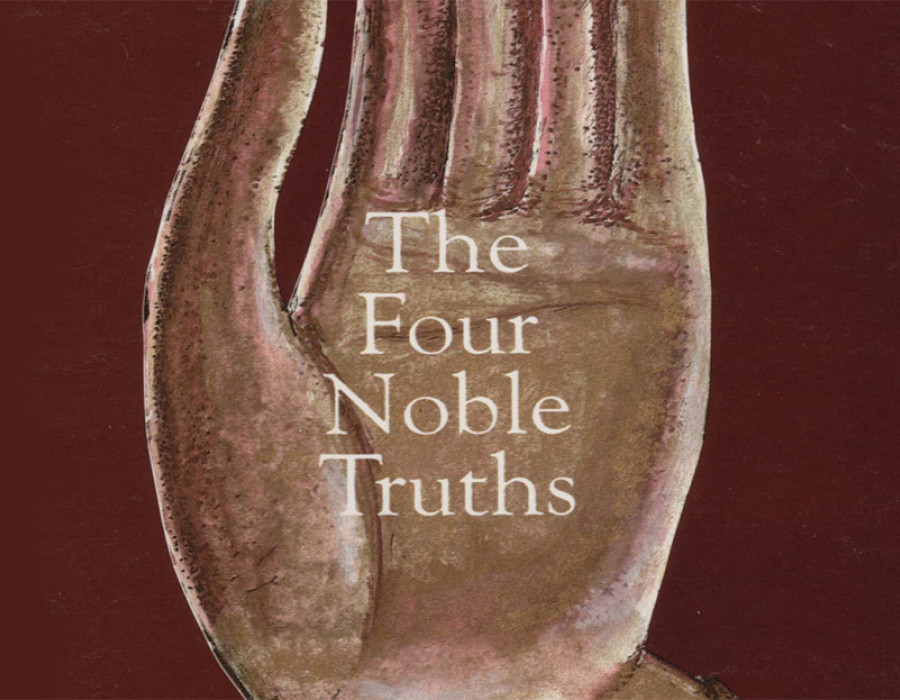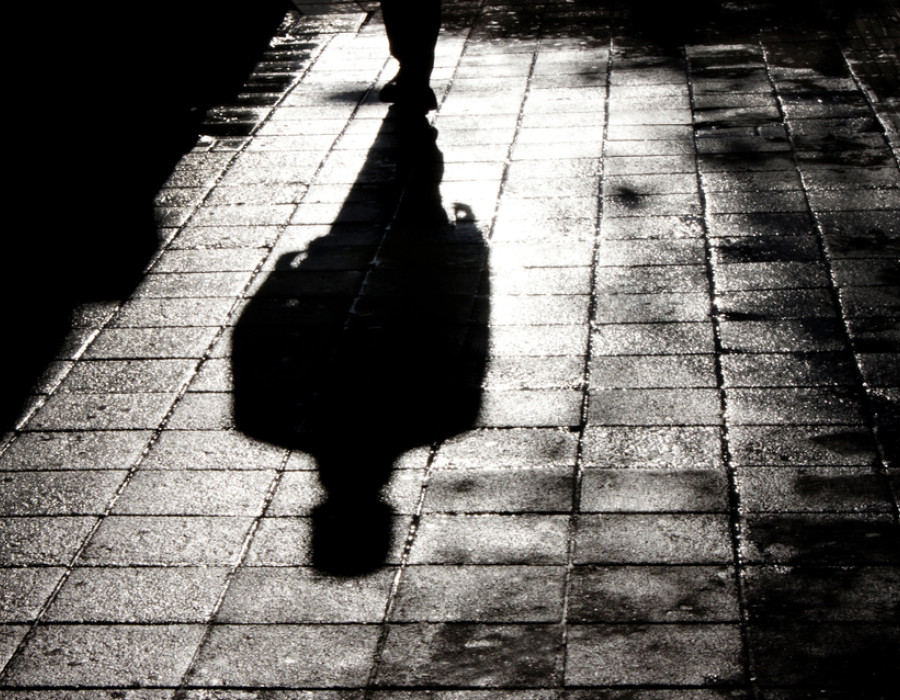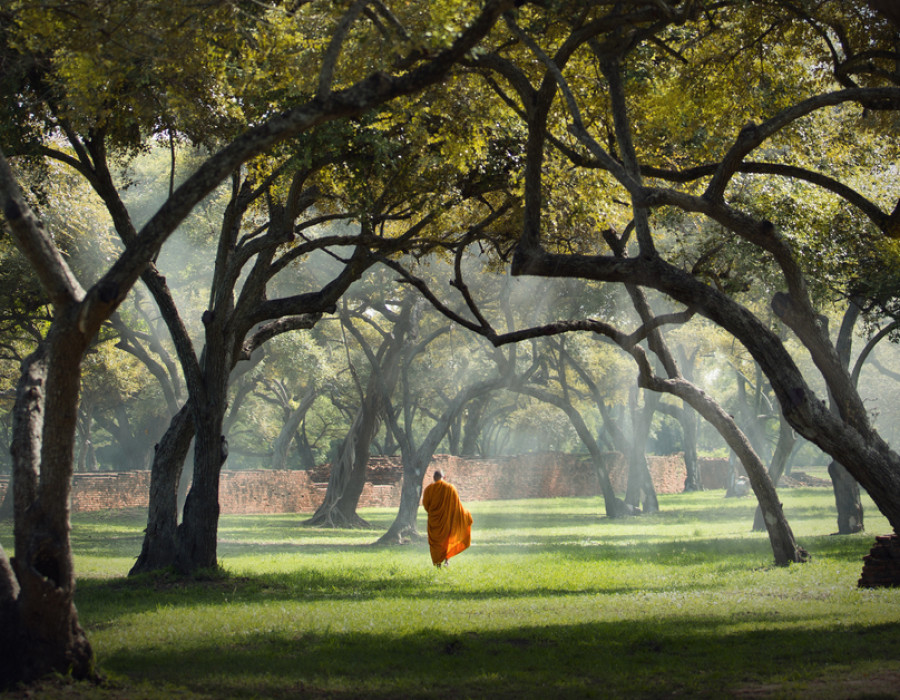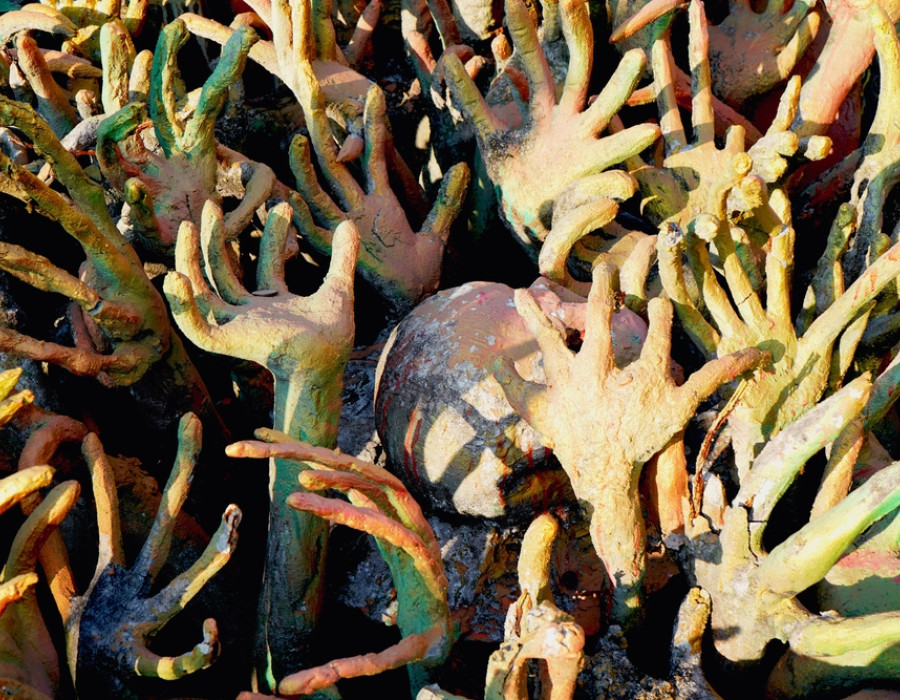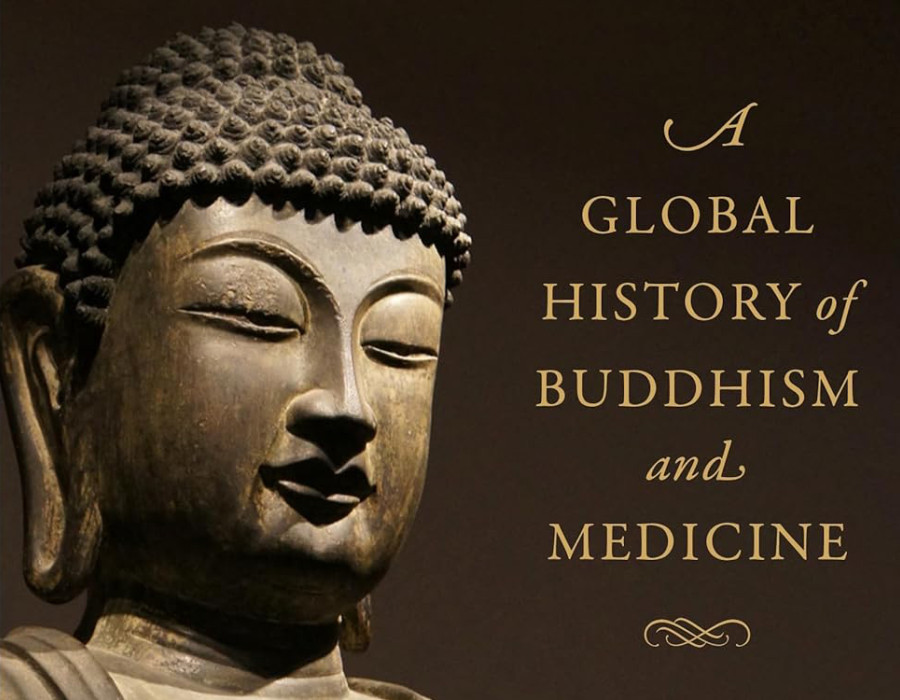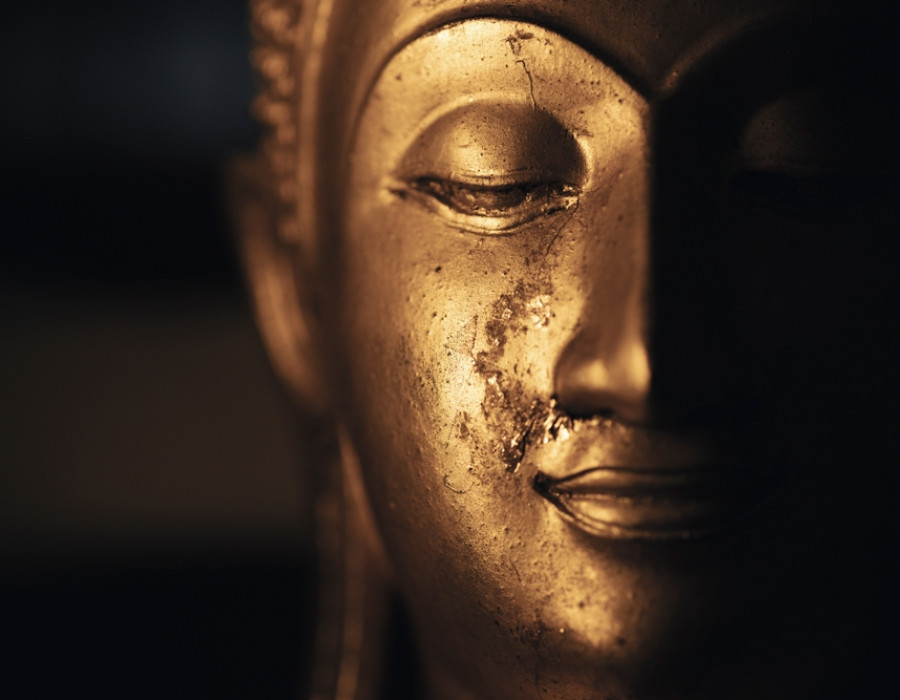Book Extract: The Embossed Tea Kettle by Hakuin Ekaku
Following a life-threatening sickness Master Hakuin was advised to take up a new practice by a mountain mystic. This practice not only cured his sickness but, so Hakuin claimed, gave him great health benefits.
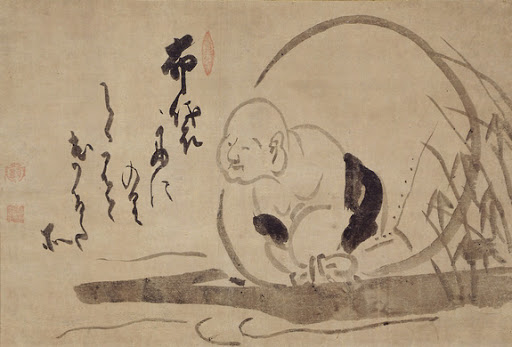
Brush and Ink by Hakuin
Hakuin Ekaku (1686-1768), is a Japanese icon. Known as a great reformer of Rinzai Zen Buddhism and populariser of Zen. He was a talented polymath whose calligraphy and brush painting are much sought after today.
………………………………………….
“Now, in the Agama Sutras [1] minute instructions are given concerning the correct method of regulating one’s self for the purpose of attaining to the ‘great enlightenment’. Also Chi-sha, founder of the Tendai Sect in China (538-597 A.D.) gave a very thorough explanation of the main idea of this discipline is his book, the Maha-Shikwan or Scripture of ‘Samadhi’. A fundamental theme of his book is that , whatever teaching one is studying, whatever law one desires to contemplate and whether one sits upright or not, or carries on the services of sacred processions [2] for six hours, whatever one is doing one should concentrate one’s attention - say by fixing one’s eyes on the navel or loins. This concentration of one’s attention must never be relaxed, even when the pressure of worldly business is excessive, or when one is entertaining guests. Do not forget to concentrate the mind by this physical pressure on the body. It not infrequently happens that when a man takes care of his health in the way mentioned here, he will be ale to sit in meditation for a whole day without becoming dulled or wearied, and even if he were to recite the sutras day and night he will not become tired, or if he were to write all day long he will feel no distress, and again if he were to give instruction in the law, the whole day he will not break down. No matter how many works of merit he were to perform, there would be no onset of sluggishness, but rather his tired heavy mind would become freer and more generous and his mental vitality would become greater and greater. On the most painfully hot day he will not feel the need to use a fan, nor even would he have to perspire. On the coldest snowy night of a severe winter he would not have to wear thick clothes nor would he want to go near a fire in order to warm himself. And again even if he were to live to be over a hundred years old his teeth would remain firm, so that if he remained careful and was not negligent he would attain to really long life.”
(The Embossed Tea Kettle & other stories by Hakuin Zenji pub. George Allen & Unwin Ltd. 1963)
………………………………………….
[1] The Chinese version of the Pali Canon
[2] This means the performances of the correct discipline of Buddha’s Way, or more specifically the special service, or ceremonial and ritual, performed on particularly important occasions, when the priests marched in precession round the Buddha seat, intoning the scriptures, and always walking from the right to the left. Often a long and fatiguing task.
...................................................
In the following podcast interview Meido Moore Roshi discusses the importance of body, breath and subtle body energetics in Zen training.

